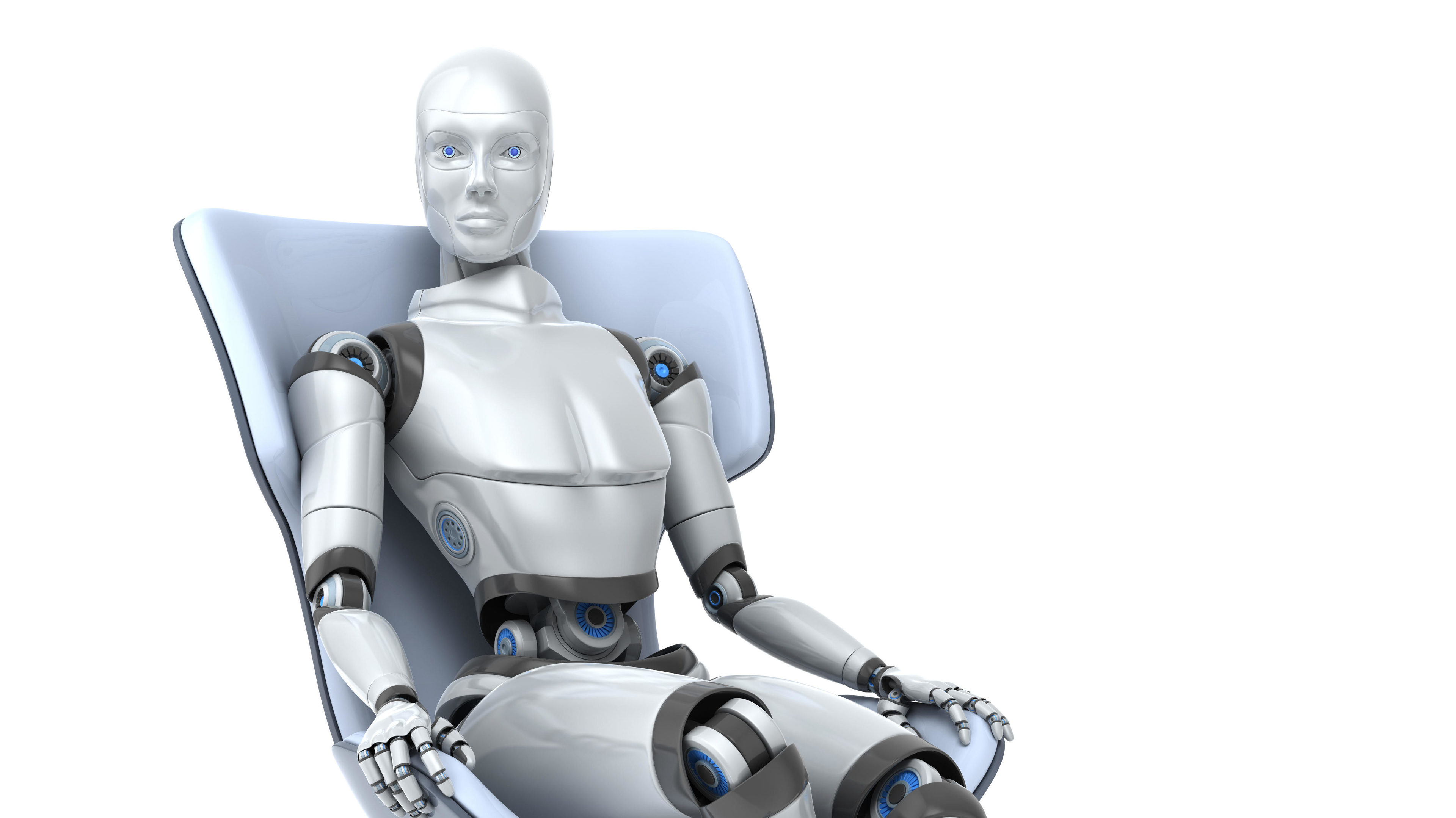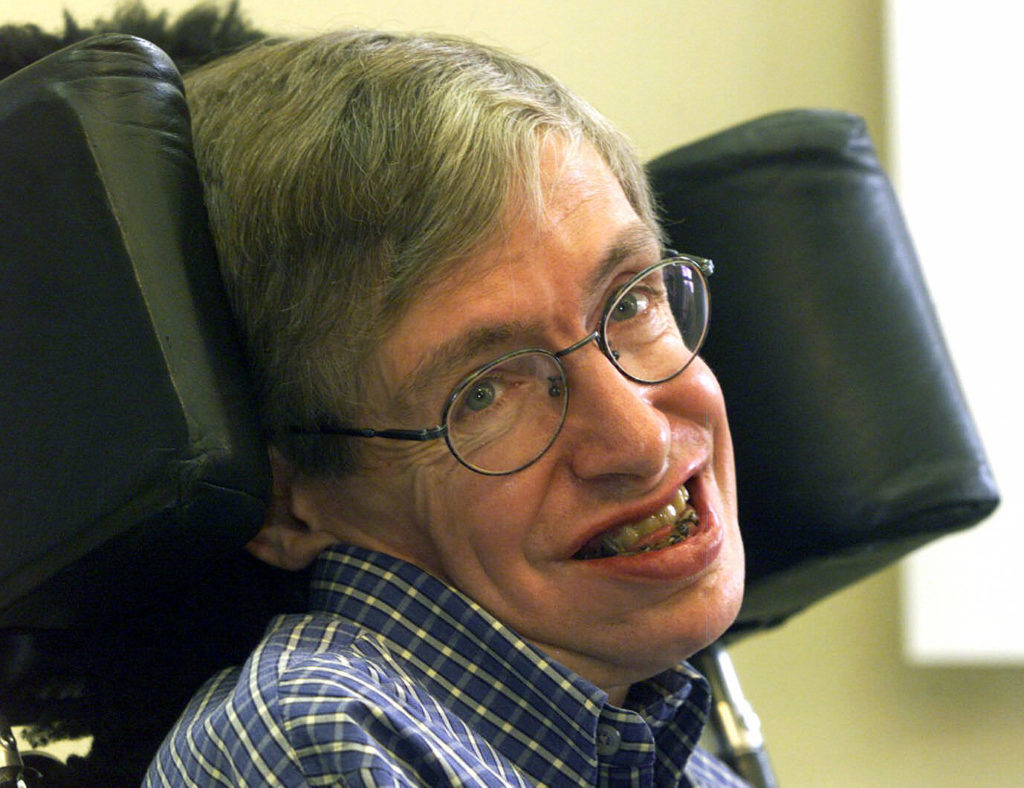
SCIENTIST Stephen Hawking spent his life measuring the unmeasurable and knowing the unknowable.
His work on black holes explained their mystery to millions but, after his death last week, many were remembering his predictions for our future.
He feared that our planet is doomed – destined to be destroyed by catastrophe. The end of the world might be man-made like nuclear war, full artificial intelligence for machines (which Hawking warned could “spell the end of the human race”), and climate change or it might be out of our control, like an asteroid hitting earth.
Hawking insisted, there was hope – but only if we strike out for other planets.
In 2016, he said: “Although the chance of a disaster to planet Earth in a given year may be quite low, it adds up over time, and becomes a near certainty in the next thousand or 10,000 years.
“We will not establish self-sustaining colonies in space for at least the next hundred years, so we have to be careful in this period.”
But, as Britain’s retaliation over Russia’s alleged involvement in the nerve agent attack on a former spy sparked fears of a new Cold War last week, global instability seems to be increasing week by week.
But one of the world’s leading futurists, Mark Stevenson, says that while we are in for a tough time ahead, we can get out of the messes we may create.
“My feeling is that the next 20 years are going to be a bit of a bloodbath,” said Mark, who has just taken up a new role as the National Theatre of Scotland’s futurist in residence.
“It’s going to be a rocky ride, but we have been through rocky rides before.
“The bad news is that everything is broken, whether you look at education, healthcare, governance, all those systems are failing.
“The good news is that they’re all fixable. The solutions are out there now; we don’t have to invent anything new. Everything we need to make the world sustainable, ethical, humane and just is at our fingertips if we want it.
“There is going to be a transition and how messy it gets depends on how willing we are to embrace the possible.”
Many of the problems we face, insists Mark, are a result of the sheer pace of developments and the fact that we are simply struggling to keep up. “We have always had change and headlines about being on the edge of crisis,” says Mark. “But there is something different that’s happening now and that’s the rate of change.
“Each time you have ‘a technology’ then it gives you the platform to build the next one quicker. But while the change comes very quickly, the governance of nations, corporations, schools, universities and everything else moves very slowly.
“They are using 19th Century management techniques to handle 21st Century problems.”
Mark has worked with major corporations to help them better face the future and has a new TV series in the pipeline highlighting some of the solutions to what seemed insurmountable problems.
Describing his role with the National Theatre of Scotland, he said: “One of the things I’m working on is helping the National Theatre be bolder and more ambitious.
“And also how they can lead the theatre and arts sector in Scotland to be more ambitious. The mindset has moved from ‘we’ll do our best’ to ‘we’ll lead’.
“They have an enviable reputation in taking work out to communities. So, if we’re going to raise important issues about the future, I’m talking to them about how we can get those people involved in actually doing things.
“Scotland built the Industrial Revolution and it has an extraordinary national character which I think is perfect for exploring the future.”
MARK’S BIG BET
Some of the world’s shrewdest business brains and respected academics reckon they’ve got the future nailed – and are willing to bet on it.
Website longbets.org, set up thanks to a donation from Amazon founder Jeff Bezos, offers the opportunity to foretell the future, with all the winnings donated to good causes.
Google chief executive Eric Schmidt has bet a senior Microsoft boss $2000 that pilotless planes won’t take to the skies by 2030. Another $2000 has been wagered that at least one human alive in 2000 will still be alive in 2150.
Some other visions are frighteningly bleak. Lord Rees of Ludlow, Astronomer Royal and former president of the Royal Society, has laid a bet that an incident of bio-terror – or indeed bio-error – will kill at least a million people in the next two-and-a-half years.
If Mark was to make one wager on the website it would be based on a more natural approach to the world’s woes.
“I would say that within 12 years at least 50% of the world’s energy will be produced by renewable sources.”

Enjoy the convenience of having The Sunday Post delivered as a digital ePaper straight to your smartphone, tablet or computer.
Subscribe for only £5.49 a month and enjoy all the benefits of the printed paper as a digital replica.
Subscribe